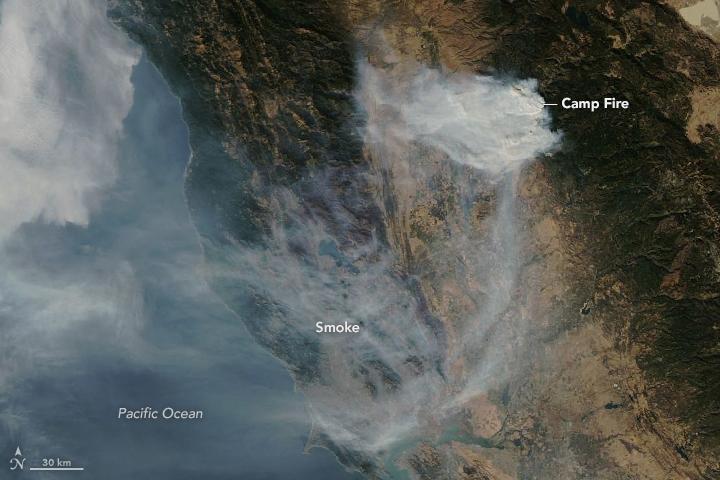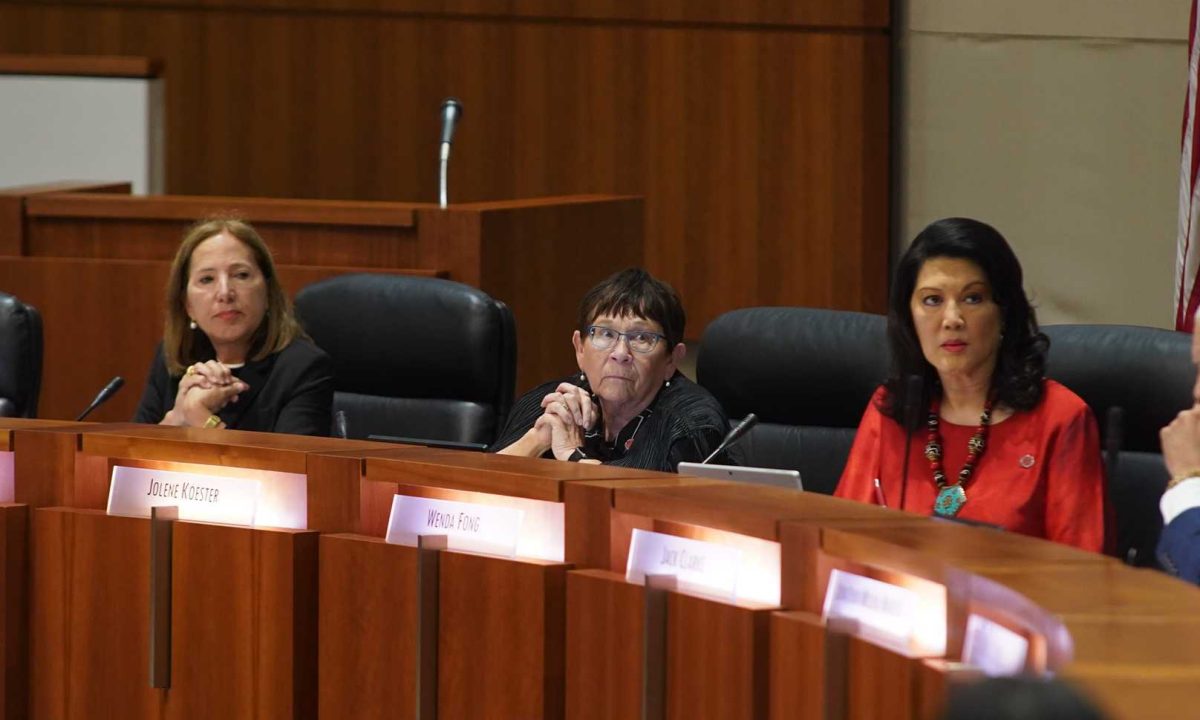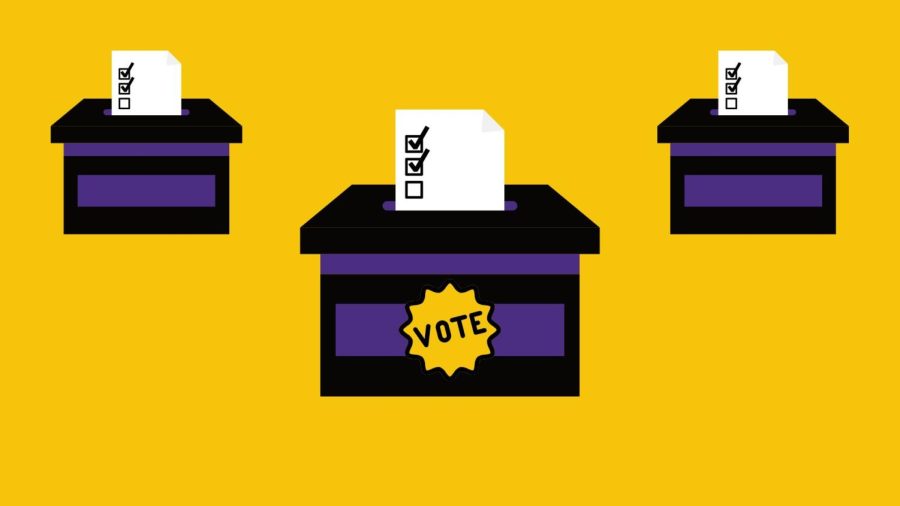Following the ignition of the Camp Fire in Butte County a week ago, 71 people have been killed, more than 148,000 acres have burned and nearly 10,000 homes were destroyed, according to Cal Fire.
The state’s deadliest fire has been causing problems beyond its immediate vicinity, and while refugees living within Butte County have been choking on the smoke from the fire for more than a week now, its relentless outpouring has billowed across the Bay Area. The fires covered the majority of the surrounding area in a toxic cloud, which resulted in air quality that prompted “health warnings of emergency levels across the area,” from the U.S. EPA.
According to self-reporting sensors by the Air Quality Sensor Performance Evaluation Center (AQ-SPEC), the nearest air quality index sensor to SF State rose throughout the day to a toxic 336. Air quality eventually settled around 290 late at night. These levels fall well above the “hazardous” range, triggering emergency health warnings and alerting people to avoid all outdoor activity.
In light of this, SF State officials closed the main campus and other campus sites Nov. 14 at 5 p.m. for the remainder of the week. All classes are expected to resume regular session on Nov. 26. Additionally, SF State President Leslie Wong offered his support for those suffering as a result of the fire.
“As the devastating fires continue to affect communities throughout California, we are keeping them in our thoughts, and we stand ready to support and assist in any way that we can,” Wong wrote in a campus-wide email.
Officials from various agencies — including the National Forest Service, Fire Departments, Red Cross and FEMA — recommended people stay indoors to avoid excessive exposure to smoke-filled air. If people do feel the need to go outside, they should be wearing N95, P95 or P100 filtration masks.
“We’ve been inviting people to wear these N95 masks,” said Timothy Evans, the public information officer for the National Park Service.
On-campus residential living, dining services and “essential” personnel at SF State will remain staffed through Saturday. Student Health Services, which will provide ventilation masks for students, will also remain open. However, center personnel have only been handing out the N95 masks, which are specifically designed to deal with smoke inhalation, to SF State staff. The health center has been providing students with a variation of non-N95 masks, meaning those masks don’t provide any protection from the particulates in the air, leaving students to find appropriate protective masks elsewhere.
“You’ve gotta be wearing the right mask,” said Brian Vedoche, one of the leaders of search and rescue in Paradise, California, and head of Incident Safety during the operation. “We need your N95 masks on.”
Without the right masks, people can expect coughing and shortness of breath, according to Evans. Evans said long-term effects are too ambiguous to speculate.
According to Sacramento Fire Capt. Chris Vestal, particulate masks made out of paper are not going to filter out finer particulates. This particular fire is more deadly partly due to excessive structural burning, which releases chemicals trapped in materials that aren’t part of standard forest fires.
“One of the differences is that this time there are a lot of homes burning,” Vestal said. “All that glue, asbestos … there’s the tar, plastics. All of that gets released into the air.”
The San Francisco Department of Emergency Management published a map of facilities with working air filtration throughout the city, where people can go to catch a break from the smoke. Additionally, people should keep themselves well hydrated to help combat toxins that are absorbed throughout the day.
“Hydrate to flush out your systems, not necessarily because you’re dehydrated,” Vedoche said. “But because you gotta start flushing the toxins out of your system, you gotta start drinking water all day long.”











